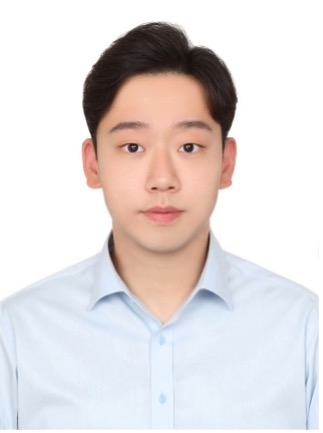
Sukwon Choi
- Doctoral Student
Additional Information
Bio
Sukwon Choi is a doctoral student in the School of Public Administration at the University of Nebraska at Omaha. He holds two master’s degrees in public administration, specializing in science and technology policy, from Seoul National University (South Korea) and the University of Southern California. He also completed intensive coursework in Electronics and Electrical Engineering at Dankook University (South Korea).
His research focuses on artificial intelligence (AI) governance and regulatory frameworks, particularly how governments design, implement, and evaluate institutional responses to emerging technologies. He is particularly interested in the evolving intersections of political environments, public policy, and technology, with a focus on developing responsible and adaptive governance structures. More recently, his work has centered on the adoption and use of sovereign AI, examining its implications for governance, national capacity, and technological independence. Before joining UNO, he served in the Korean government, where he analyzed and implemented science and technology policies, including those related to artificial intelligence and renewable energy.
Education
MPA, Public Administration, University of Southern California
MPA, Public Administration, Seoul National University
BA, Public Administration, Chung-Ang University
Publication/Dataset
Choi, S., Sung, W., & Lee, J. (2025, May). Exploring generative AI effects on Korean civil servants’ performance: Power and motivation. In Conference on Digital Government Research (Vol. 1). https://doi.org/10.59490/dgo.2025.1032
Choi, S., & Eom, S. J. (2024). Using Twitter to fight the COVID-19 pandemic: the case of United States governors. Public Management Review, 1–22. https://doi.org/10.1080/14719037.2024.2396078
Resh, W., Lee, E. K., Ming, Y., Yongjin, A., Darren, C., Sukwon, C., Anderson, L., Josephina, B., & Nicole, D. (2024). U.S. Federal public sector labor market dashboard (Version 1). USC CLEAR Initiative. https://www.uscclear.com
Additional Information
Bio
Sukwon Choi is a doctoral student in the School of Public Administration at the University of Nebraska at Omaha. He holds two master’s degrees in public administration, specializing in science and technology policy, from Seoul National University (South Korea) and the University of Southern California. He also completed intensive coursework in Electronics and Electrical Engineering at Dankook University (South Korea).
His research focuses on artificial intelligence (AI) governance and regulatory frameworks, particularly how governments design, implement, and evaluate institutional responses to emerging technologies. He is particularly interested in the evolving intersections of political environments, public policy, and technology, with a focus on developing responsible and adaptive governance structures. More recently, his work has centered on the adoption and use of sovereign AI, examining its implications for governance, national capacity, and technological independence. Before joining UNO, he served in the Korean government, where he analyzed and implemented science and technology policies, including those related to artificial intelligence and renewable energy.
Education
MPA, Public Administration, University of Southern California
MPA, Public Administration, Seoul National University
BA, Public Administration, Chung-Ang University
Publication/Dataset
Choi, S., Sung, W., & Lee, J. (2025, May). Exploring generative AI effects on Korean civil servants’ performance: Power and motivation. In Conference on Digital Government Research (Vol. 1). https://doi.org/10.59490/dgo.2025.1032
Choi, S., & Eom, S. J. (2024). Using Twitter to fight the COVID-19 pandemic: the case of United States governors. Public Management Review, 1–22. https://doi.org/10.1080/14719037.2024.2396078
Resh, W., Lee, E. K., Ming, Y., Yongjin, A., Darren, C., Sukwon, C., Anderson, L., Josephina, B., & Nicole, D. (2024). U.S. Federal public sector labor market dashboard (Version 1). USC CLEAR Initiative. https://www.uscclear.com